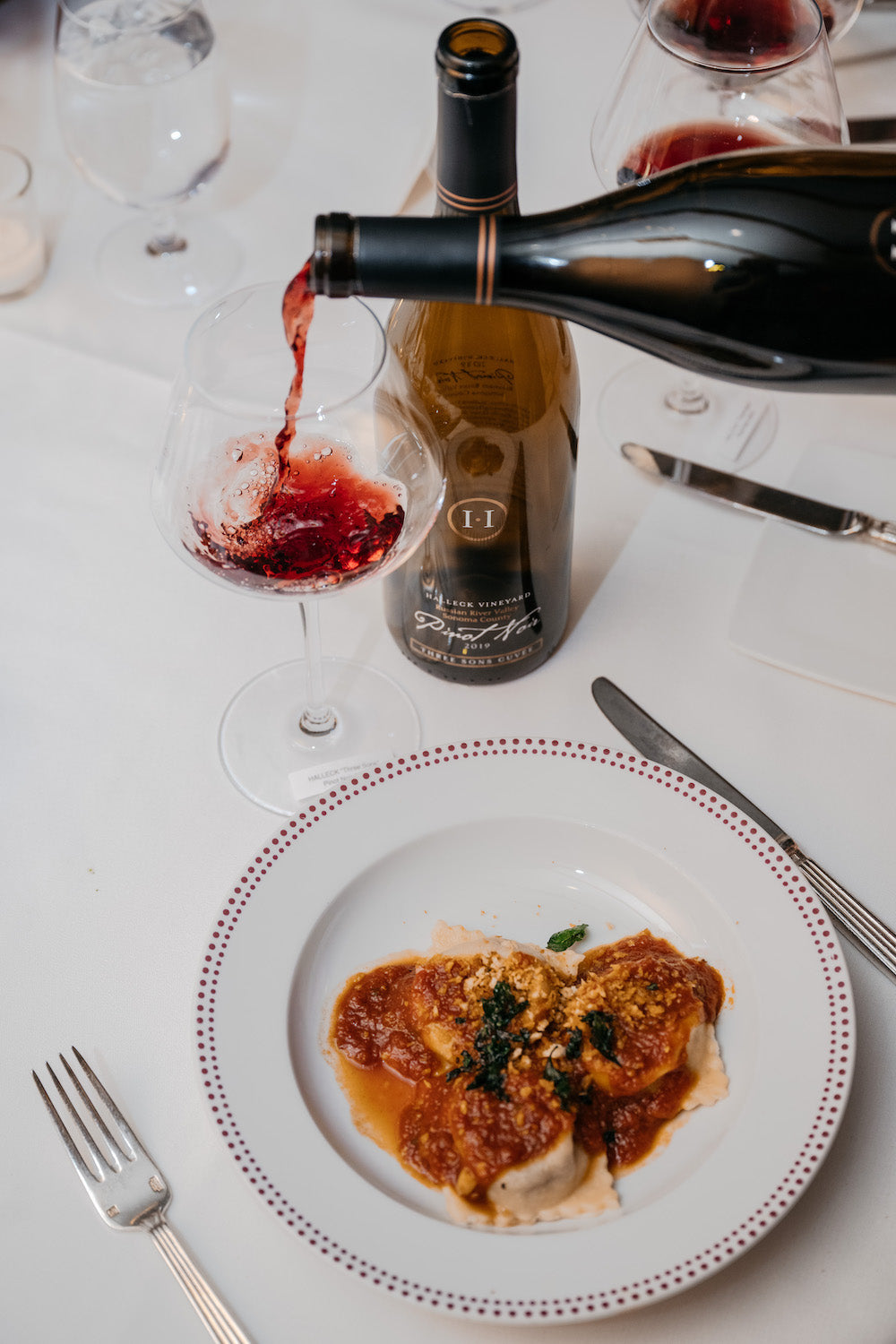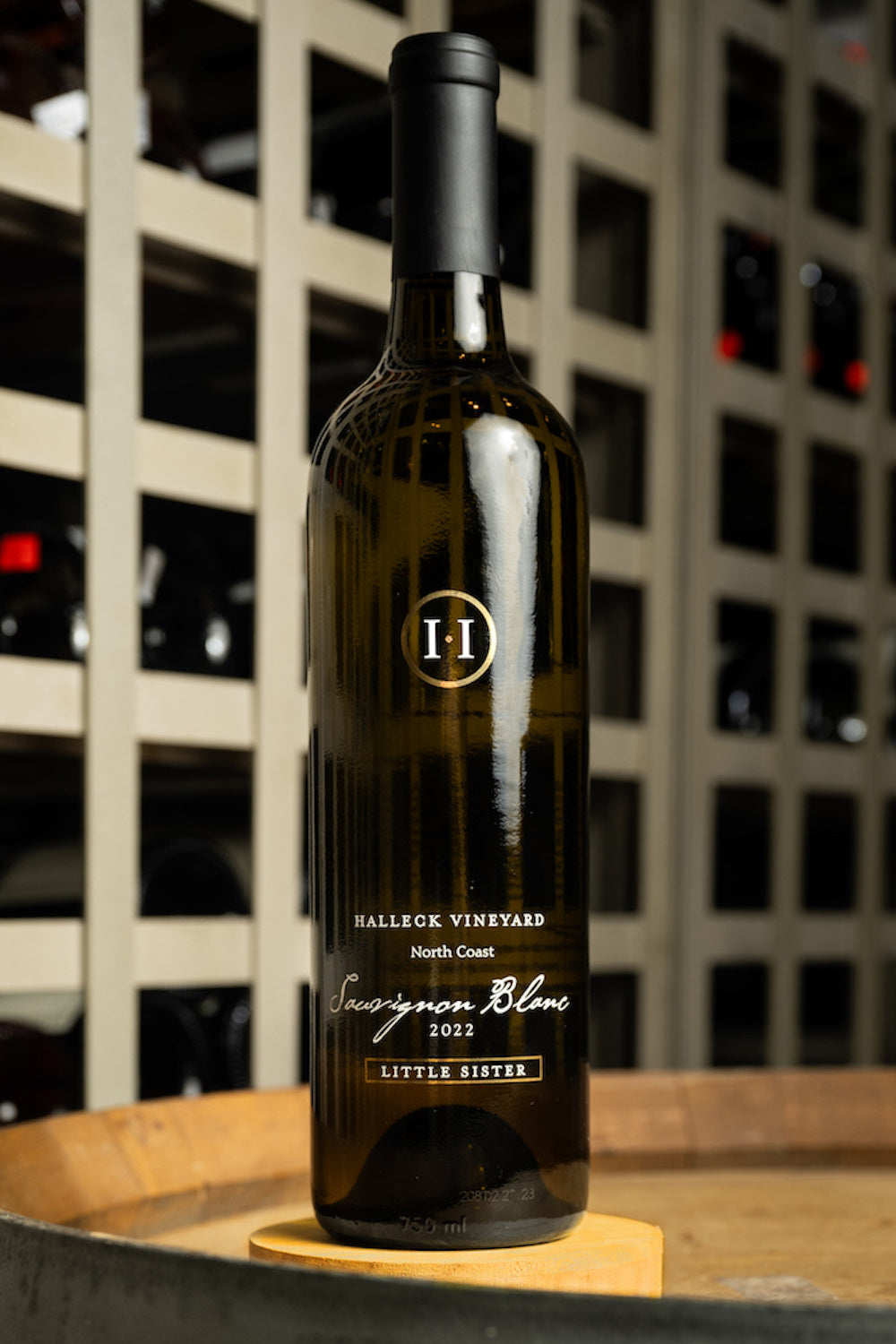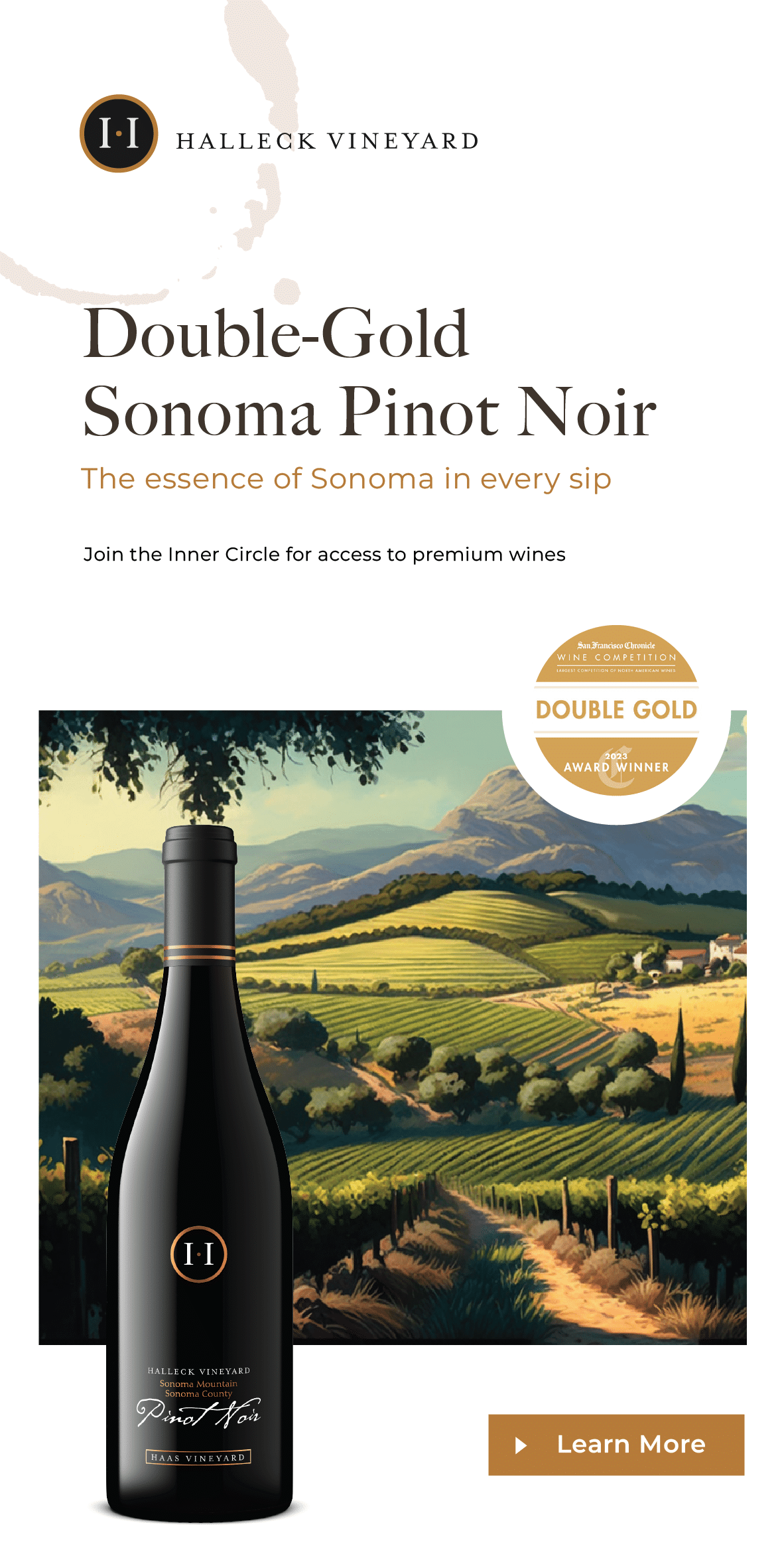Wineries Offering Private Events - Sonoma Valley Vineyards And Wine Tasting
Wineries Offering Private Events - Sonoma Valley Vineyards And Wine Tasting
Blog Article
Wineries That Offer Barrel Tastings - Sebastopol Wine Tours And Vineyards
Wine tasting is an art that requires practice and an understanding of various elements concerned within the course of. One essential component of wine tasting is the development and interpretation of tasting notes, which serve as a guide for both novices and seasoned connoisseurs. A Guide To Understanding Winery Wine Tasting Notes can enhance your wine-tasting experience, making it more meaningful and enjoyable.
Tasting notes are concise descriptions that capture the essence of a wine’s flavors, aromas, and general character. Often composed by professional tasters, winery tasting notes provide insights into the nuances of various wines. They might help wine enthusiasts understand what to anticipate from a selected bottle. Nevertheless, tasting notes can differ extensively in style and element primarily based on the author's experience and palate.
Wineries With Educational Tours In Sonoma - Top Sonoma Wineries To Visit
When you first approach a glass of wine, your senses will start to engage instantly. The sight, odor, and style of the wine will converge to offer you an entire experience. Tasting notes usually begin with the visible assessment, where the color of the wine is taken into consideration. Shade performs a major function in indicating the wine’s age, grape selection, and even its flavor profile.
After assessing the visible side, the next step includes swirling the wine in the glass. This motion aerates the wine, permitting its aromas to awaken. Smelling the wine supplies critical insight into its complexity. The preliminary sniff can deliver a flood of scents which will embrace fruity, floral, natural, or earthy notes. This is commonly essentially the most subjective a part of tasting, as individual experiences can dramatically differ.
In winery tasting notes, descriptors are often categorized into major, secondary, and tertiary aromas. Major aromas normally stem from the grape variety, secondary aromas derive from fermentation processes, and tertiary aromas arise from aging. Understanding these categories can help you recognize the depth of a wine, and so they additionally give you the vocabulary to specific your experience higher.
Wineries Promoting Sustainable Farming - Exploring The Vineyards In Sonoma County
Following the olfactory encounter, your focus will shift to the taste of the wine. This is the place the first characteristics—sweetness, acidity, tannins, alcohol—come into play. Tasting notes often element these flavors in a number of dimensions, including the preliminary assault in your palate to the lingering finish in your tongue. A high-quality wine will present a harmonious stability between these components.
While tasting, it is important to ponder the physique of the wine, which can be described as light, medium, or full. The body contributes significantly to your general impression, helping you think about how the wine pairs with food or whether it stands alone as a sipping wine. Balancing the body with the opposite traits will give you a fuller understanding of what the wine has to supply.
The end of the wine, also known as the aftertaste, is another important aspect often included in tasting notes. A long, nice end usually indicates a higher high quality wine, while a brief or cloying aftertaste might counsel otherwise. Evaluating the end can provide additional perception into the wine's complexity and distinction.
Understanding the context of winery tasting notes is also priceless. Tasting go to this web-site notes can provide contextual details about the winery's location, local weather, and grape-growing practices. This context adds one other layer of appreciation for the wine, permitting enthusiasts to attach the sensory experience with its origins, thus enhancing the enjoyment further.
Cultural Wine Experiences In Sonoma County - Discover Sebastopol's Wine Scene
Many wineries present tasting notes on their web sites or labels, typically written in an approachable yet informative style. However, not all winery tasting notes are created equal. Some could additionally be overly technical, whereas others may prioritize marketing aptitude over insightful evaluation. Learning to navigate these notes can arm you with the knowledge to make knowledgeable decisions when choosing wines.
Participating in tastings at wineries can even deepen your understanding of wine tasting notes. Interacting with educated staff can provide you a extra hands-on approach to exploring different wines and the language used to explain them. Wine Tasting Experiences With Local Cheese. You'll have the chance to ask questions, have interaction in discussions, and probably refine your palate in real time.
Experimentation is essential for mastering wine tasting notes. As you pattern totally different wines, attempt making your own notes. Focus on describing the wine’s shade, aroma, taste, and finish. Over time, you’ll develop a private vocabulary that resonates together with your sensory experiences. Each note you create will assist refine your palate, permitting you to appreciate wines at a deeper stage.
Wineries Ideal For Romantic Getaways - Sonoma Vineyards Worth Visiting
In conclusion, a Guide To Understanding Winery Wine Tasting Notes offers a comprehensive framework for diving into the world of wines. It equips you with the strategies and language necessary to articulate your experiences. Whether you are a casual drinker or a dedicated aficionado, understanding and using tasting notes can profoundly impression your wine journey. This data not solely enhances your enjoyment but additionally connects you deeply with the wealthy narratives every bottle tells. By embracing this journey, you turn out to be a part of the gorgeous mosaic of wine culture, where every sip unveils a brand new story ready to be discovered.
- Wine tasting notes usually encompass a selection of sensory descriptions, together with aroma, flavor, acidity, physique, and finish, allowing tasters to fully appreciate the wine's characteristics.
- To improve your understanding, familiarize your self with widespread wine terminology similar to "tannins," "oakiness," or "terroir," which can help decipher the notes more successfully.
- A systematic strategy to tasting includes first visually assessing the wine's color and clarity, adopted by swirling to launch aromas, then inhaling and describing what you experience.
- Taking notes during tasting can help identify patterns over time, improving your palate and making it simpler to recall preferences for future choices.
- Don't overlook the influence of food pairings; tasting notes can differ tremendously when a wine is loved with complementary flavors, altering perception and pleasure.
- Pay attention to the wine’s vintage, as climatic conditions in a given 12 months can considerably have an effect on the final product, including another layer to the tasting notes.
- Contemplate the winemaker's style and philosophy, which might shape the wine's profile and impact how its notes evolve with every sip.
- Practicing with different grape varieties can broaden your vocabulary; every sort brings unique traits that can improve your capability to articulate tasting notes effectively.
- Participating with wine professionals or attending tasting events can provide valuable insights, providing a richer context for understanding personal tasting notes.
- Remember that tasting is subjective; particular person preferences and experiences will shape one’s interpretation of the same wine, enriching the general enjoyment of wine exploration.
What are wine tasting notes?
Wine tasting notes are descriptive feedback made by tasters about the look, aroma, taste, and finish of a wine. They present an overview of the wine's characteristics and may help shoppers perceive the This Site style and high quality of the wine.
Wineries Featuring Vineyard Tours - Sebastopol's Best Wine Trails
Why are tasting notes important when deciding on wine?
Tasting notes can guide you in selecting a wine that suits your palate. They present insights into flavors and aromas, serving to you to match wines with food or occasions. Understanding these notes enhances your total wine experience.
How should I learn wine tasting notes?
(Best Wineries For Wine Tasting In Sonoma)
Wineries With Live Music Events Occasionally - Exploring The Vineyards Of Sonoma

When studying wine tasting notes, take note of the structure: search for descriptions of color, aroma, flavor, and end. This will help you grasp the wine's profile and determine if it aligns along with your preferences.
What terms generally seem in wine tasting notes?
Widespread terms embody "tannin" (the structure), "acidity" (the crispness), "body" (the weight), and numerous flavor descriptors like "fruity," "earthy," or "spicy." Familiarizing your self with these terms can deepen your understanding of wine.
Elegant Wine Tasting Locations In Sonoma - Sonoma's Best Vineyards

Am I Able To create my very own tasting notes?
Yes! Writing your individual tasting notes can improve your wine tasting experience. Focus in your observations of style, aroma, and different sensory characteristics. This personal practice might help you refine your palate over time.
How do I identify the aromas in wine tasting notes?
Charming Wineries With Views In Sonoma Valley - The Beauty Of Sebastopol Wineries
To determine aromas, practice smelling quite so much of scents and associating them with wines. Swirl the wine in your glass to launch its aromas, then take a second to breathe in deeply before identifying any prominent scents.

What is the distinction between professional and private wine tasting notes?
Professional tasting notes may use extra technical language and particular terminology, while personal tasting notes are subjective and mirror particular person experiences. Both are valuable for understanding and having fun with wine, however personal notes may resonate more along with your distinctive tastes.
How can tasting notes improve my wine appreciation?
Wineries Providing Guided Vineyard Walks - Enjoying The Best Wineries In Sebastopol
Tasting notes can improve your appreciation by serving to you to grasp and articulate the complexities of wine. They encourage conscious tasting and supply a framework for comparing totally different wines, leading to a richer enjoyment of the beverage.
Are there any apps or tools to help with wine tasting notes?
Yes, there are several apps designed to assist customers report and arrange their tasting notes. These tools often offer options like flavor wheel guides and wine database searches, making it simpler to trace your journey via totally different wines. Report this page